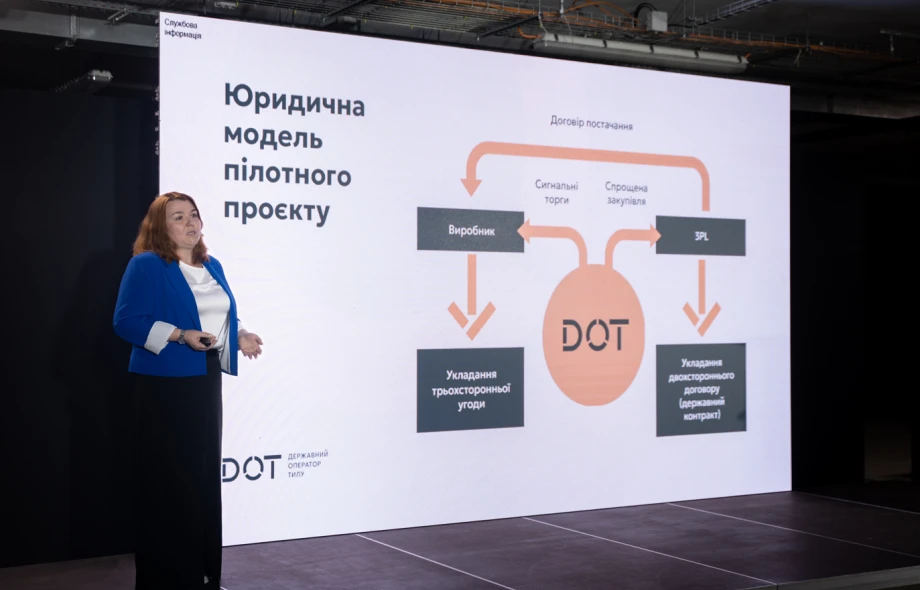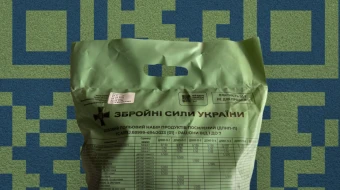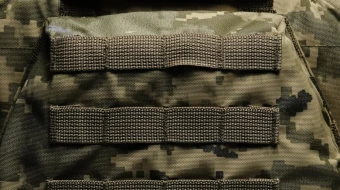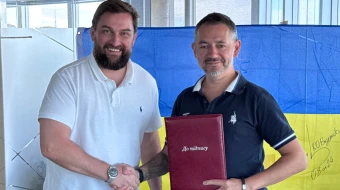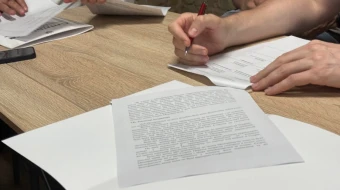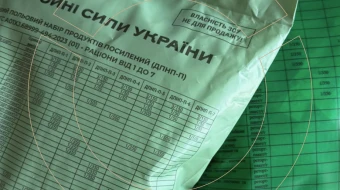Higher quality, enhanced control, and categorization of goods – this is the new approach to military food supply for 2025 that was presented to the market.
This weekend, food suppliers for the Ukrainian Armed Forces (UAF) participated in the Food Supply Forum, organized by the DOT team. The event's goal was to familiarize the market with the upcoming changes in the food supply system for the following year.
How will the food supply to the UAF change in 2025? Starting from January, two models will be in place:
1. The current model that DOT uses to collaborate with suppliers.
2. A new pilot project.
"From February 2025, two models will operate in parallel: the current one and the new pilot model. This approach ensures the system's resilience and the continuity of the supply process. Transformations in the food supply model aim to improve the efficiency of supply while maintaining high standards of food quality," – said Deputy Minister of Defence of Ukraine, Dmytro Klimenkov.
What is the scale of the project? The pilot will cover Kyiv, Kyiv, Vinnytsia, Zhytomyr, Cherkasy, and Kirovohrad regions, involving 60 million food kits for the military.
What does the pilot project include? The key changes will affect the financial model of supplier interaction, the product model, and the quality control process.
- Suppliers will receive compensation for the cost of goods and a service fee (for storage and transportation) based on SLA agreements (Service Level Agreements). A maximum price for the catalogue of products will be defined and fixed.
- For 75% of product categories, DOT will select producers through open procurement platforms, and the suppliers will contract these producers. For the remaining categories, suppliers will independently determine subcontractors, but DOT can block them for quality non-compliance or integrity violations.
- All products will pass through a distribution center before being sent to military units, adding an extra layer of quality control. DOT experts will oversee this stage.
- DOT will implement a "blacklist" for suppliers and manufacturers—a new tool to prevent entities with previous contract violations from participating in future food supply processes for the UAF.
"The idea behind the pilot model is to change the philosophy of interaction with suppliers and manufacturers by altering their incentives and ensuring transparency in collaboration. This approach forms the foundation for a partnership. At the same time, our main goal is to improve the quality of the food products received by the Armed Forces as well as the efficiency of the supply process itself. By adhering to transparent rules, all participants will be motivated to ensure continuous and high-quality supplies for the UAF," – noted Halyna Litosh, Program Director for Food Supply at DOT.

